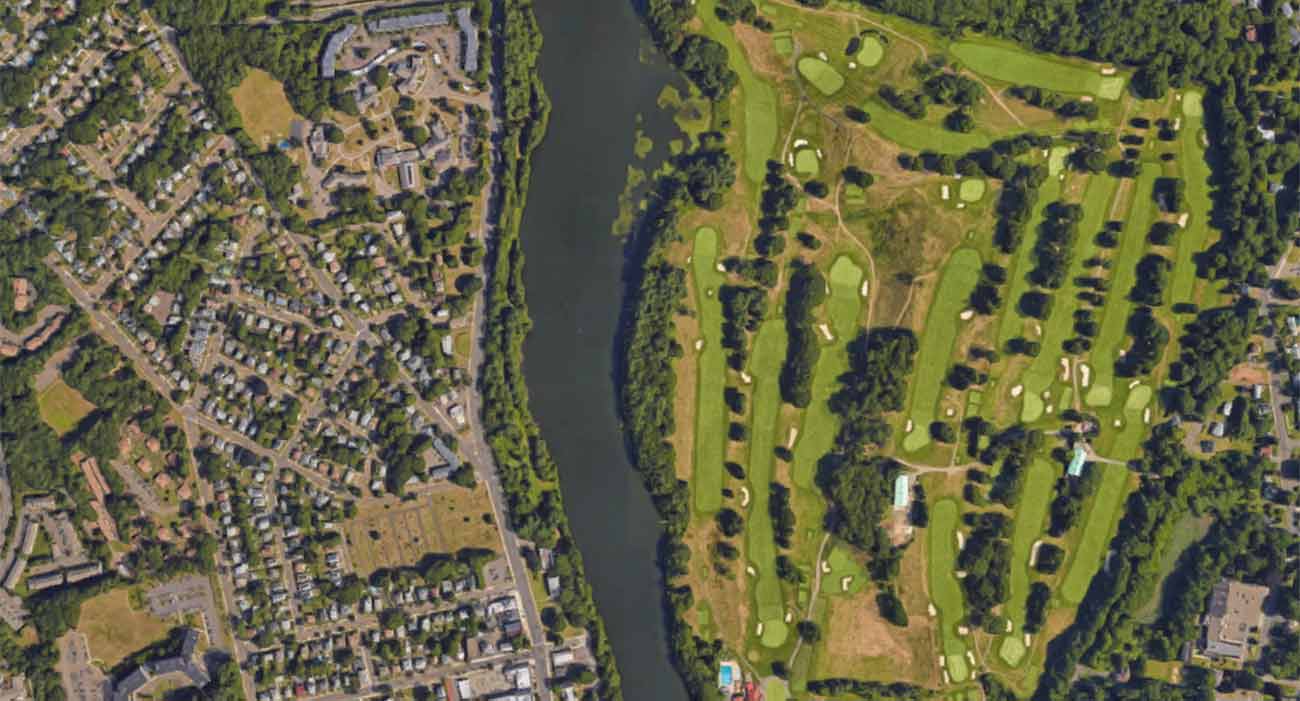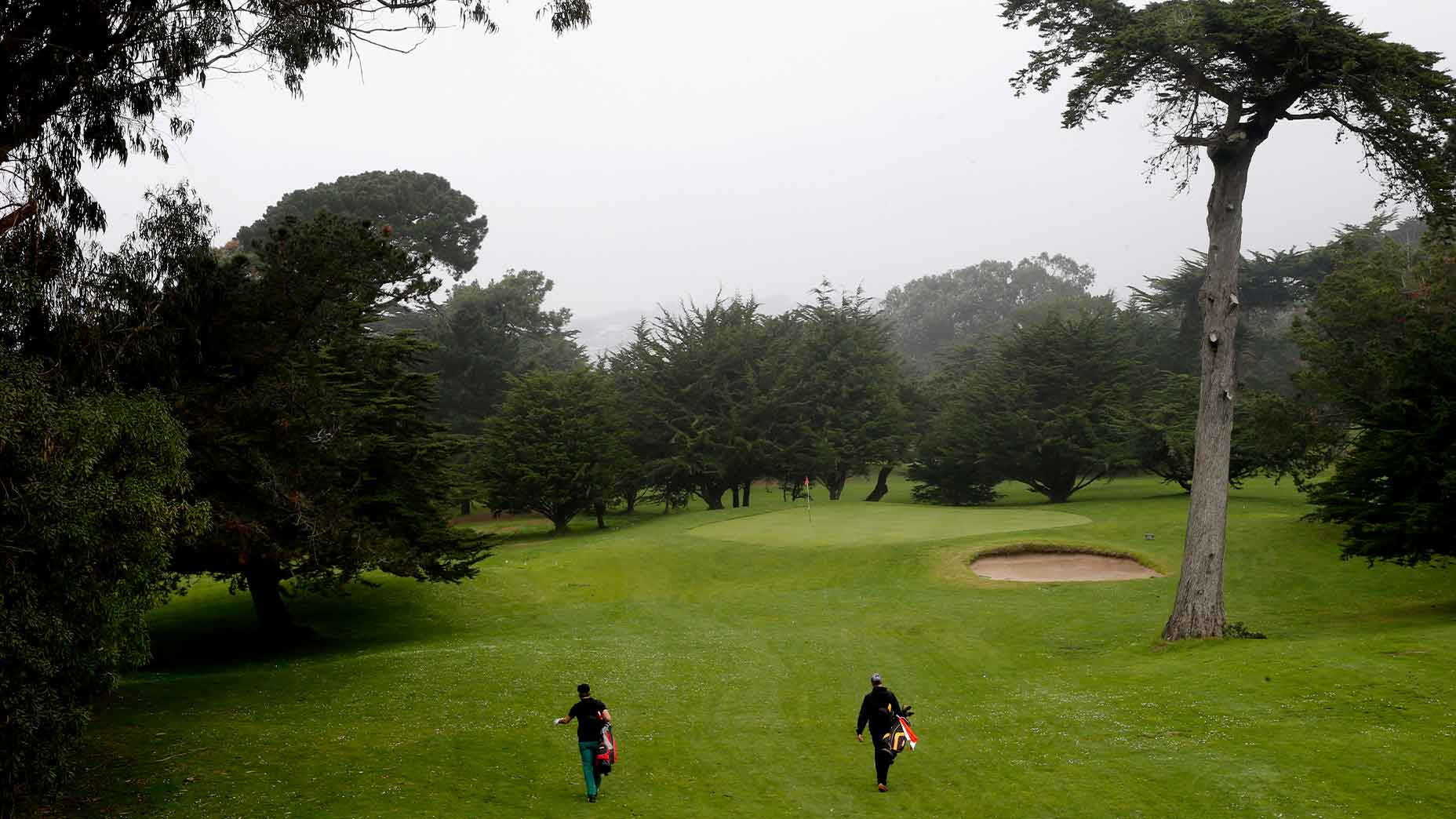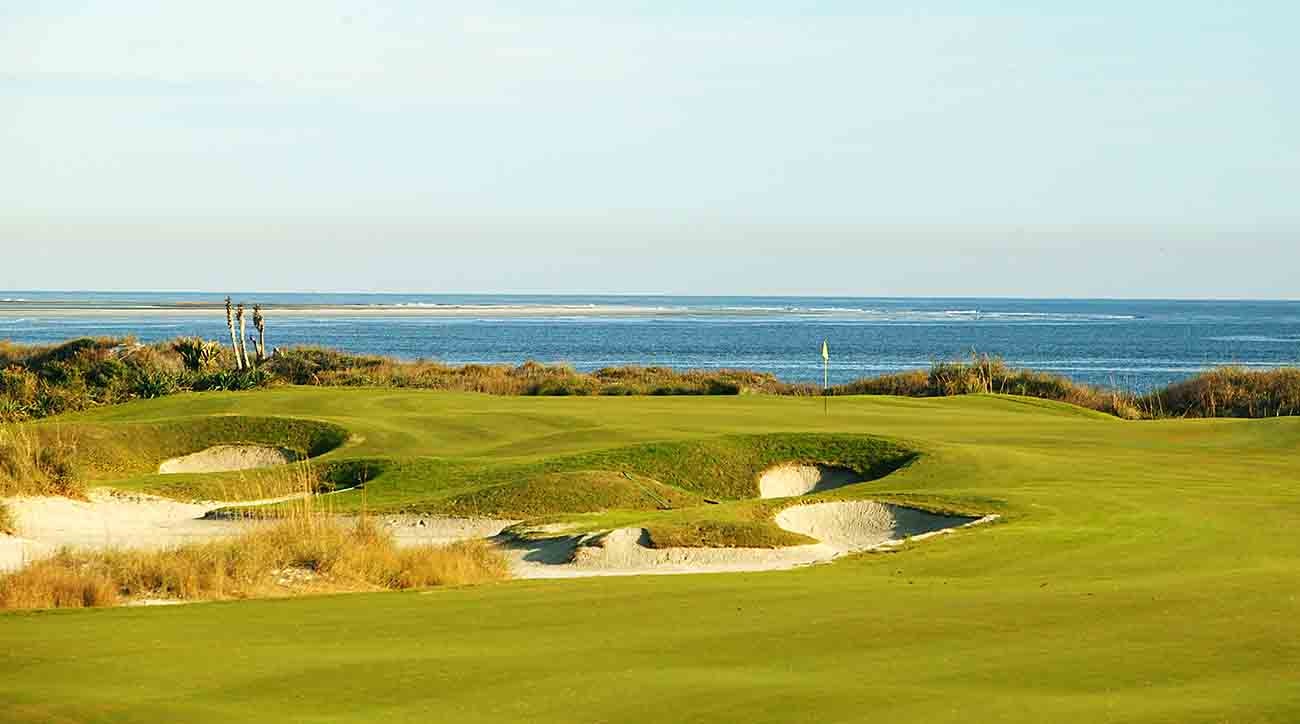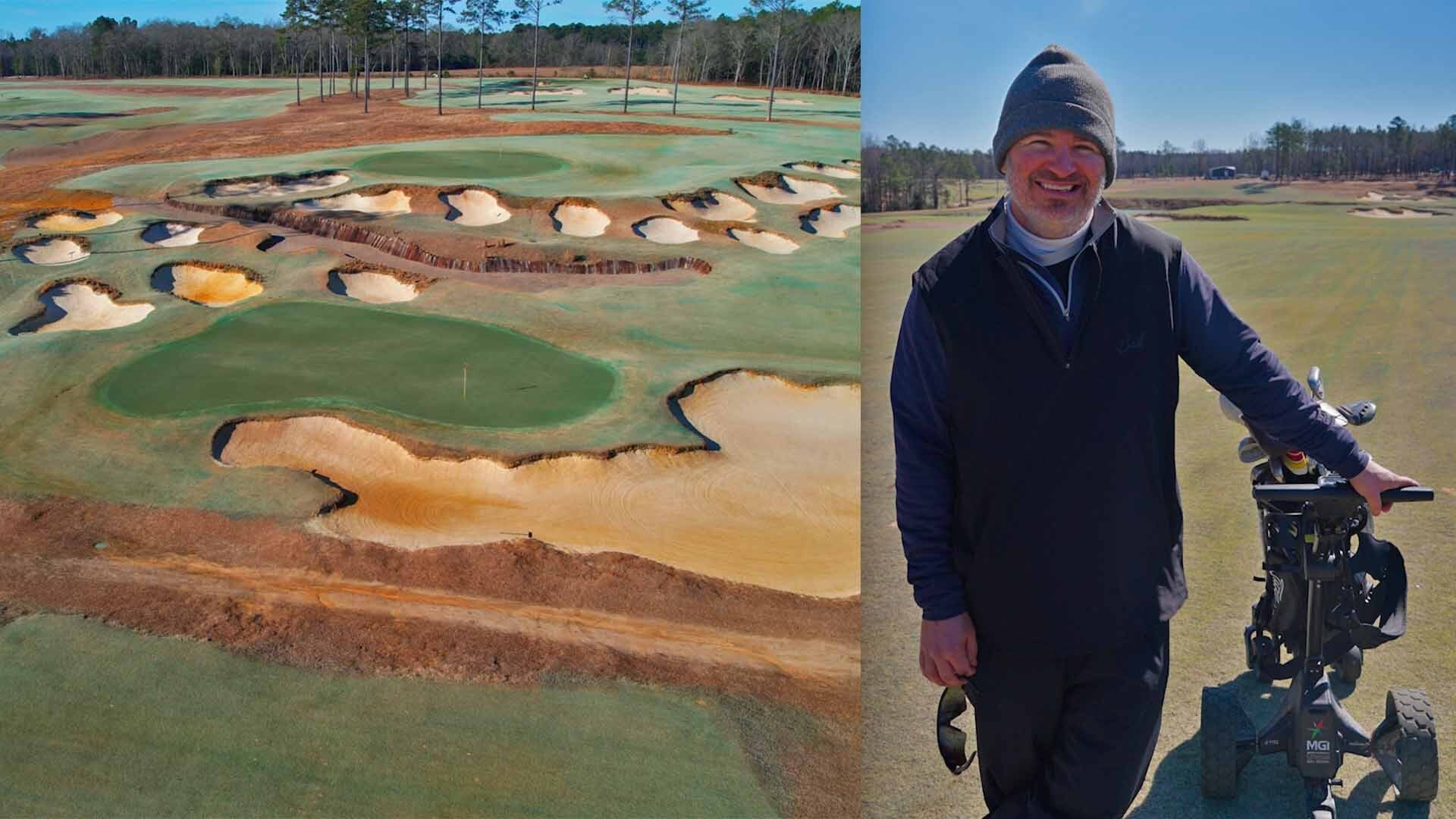When I was about 13, we lived in a section of Hamden, Conn., called Whitneyville, named for the old Eli Whitney factory nearby. The factory was powered by a waterfall that emptied into a lake that fed a small stream not far from our house. My father liked the location because he could walk home from his New Haven office about five miles down Whitney Avenue.
Sometime in the early part of the 20th century, a fine golf course had been built on the far shore of Lake Whitney for the rich of the New Haven area. While no one we knew was a member of New Haven Country Club, several of my friends in grammar school were making good money caddying there. My father took notice. I was a strapping youngster and even in eighth grade I stood 6-foot-2 and weighed nearly 220 pounds. I was by far the biggest kid in my class, and yet because I was only 14 I could not get working papers. So I was hanging around playing lots of baseball and not earning any money. My father always praised anyone who, to use his term, “hustled” to make a buck. He told me that if I went up to the golf course and made some money he would match it, which would come in handy when I went away to school as I was hoping to do for my high school years. I was interested but pointed out I knew nothing about golf or caddying.[image:14121613]
Here my mother stepped in. She knew I haunted the local branch library and read voraciously. She suggested I find some books on golf and learn from them. That way I would know what to do if I ever got hired as a caddie. Off I went to the library, found some golf books and soon was on my way to the club one Saturday morning when I figured the need for caddies might outstrip the supply of old boys and I might get some work. I did not get out that first day, but I continued to go back each morning, knowing that I had somehow to get recognized by the caddiemaster, one Joe Goldshinsky, who soon became the most important man in my young life.
Most of the other caddies were well into high school while I was still in grade school. Some were senior enough to ignore me, knowing I posed no threat to them. Others were tough kids from New Haven. The first few days they threatened to toss me into the lake if I did not leave immediately. But I was so big that when I made no move to leave and they saw there might be some risk in forcing the issue, they simply ignored me and hoped I would soon get discouraged. For about two weeks I came home by noon with empty pockets. My mother continued to encourage me. My father, who saw life as a constant struggle to make a buck, seemed neither surprised nor discouraged by my failures. He knew most of life was tough.
Finally, Mr. Goldshinsky noticed me and whether out of real need for help or sympathy for my patience, one day called out, “Hey, you, Moose.” He was looking straight at me, and I knew I had finally made it. “You there, Moose, come on. Take this bag for Mr. whomever.” I have no idea who my first customer was, though I remember I did not disgrace myself, thanks to the help of the other caddie in our twosome, and I went home proudly, having earned my first buck. I had been paid $2 for the round and earned a 25-cent tip. I could not wait to show my father what I had done.[image:14121614]
When he came home that evening and saw what I had made, he said he was proud of me. But then came the reality check. He told me he never dreamed I would make so much, and he could not afford to match that kind of money. Looking back, he was not being cruel or unfair. He knew his situation and he made me aware we were not well-to-do. While he would like to have been able to keep his pledge, it was not possible. I understood and never forgot. Sometimes even a wonderful father, and he was surely that, has to back away from a promise if things turn out not to be as expected.
For the rest of that summer, I continued to caddie and made some good money. Indeed, Mr. Goldshinsky seemed to like me more and more and I often worked two loops on a Saturday or Sunday, sometimes carrying two bags and often coming home with as much as $10 for the day. I grew to like golf and to enjoy being paid for taking long walks with a bag or two on my back. To this day, I find myself with a Proustian response when I catch a whiff of wet grass on a summer morning. Then I think of being called Moose and of Lake Whitney and Joe Goldshinsky.
Fay Vincent was the Major League Baseball commissioner from 1989-92.






